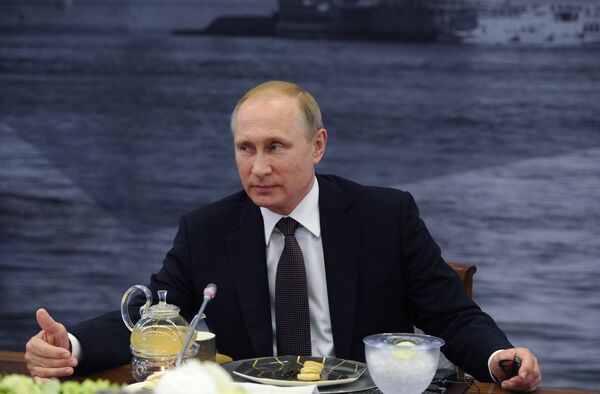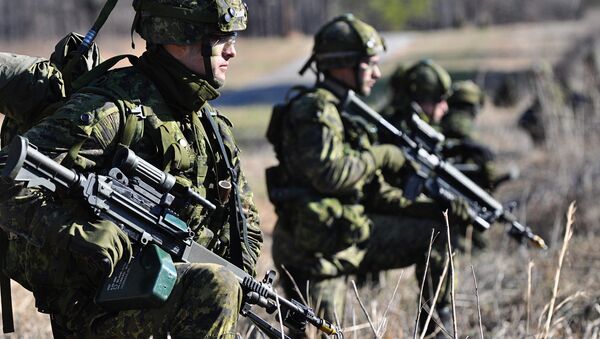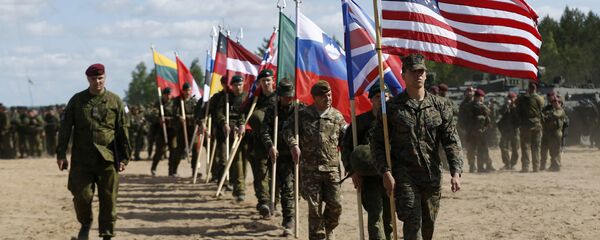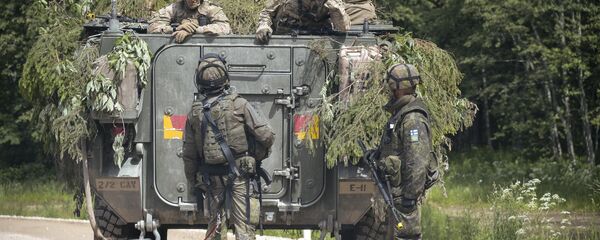The declared aim is to “protect its Eastern European allies from the so-called “Russian aggression.”
The three battalions, each to consist of between 800 and 1,000 troops, will reportedly be provided by Britain, the US and Germany.
The US originally vowed to provide two battalions but then changed its mind to only one. The bloc now needs to find a fourth country to send its servicemen to Lithuania, Latvia, Estonia, and Poland on a six-to-nine month rotating basis.
It turns out that there are not many waiting in line. However, the US is now pushing Canada to join the effort.
“Technically, Canada has not yet made up its mind. A government spokesperson told Canadian Press that Ottawa is “actively considering options,” Canadian National Affairs Columnist Thomas Walkom writes in his article for the Canadian news website Thestar.com.
“But the news coming out of the NATO defense ministers’ meeting Tuesday in Brussels suggests Prime Minister Justin Trudeau’s government will find it hard to say no,” he further adds.
He cites as an example the country’s Foreign Affairs Minister Stéphane Dion’s remarks that “former prime minister Stephen Harper’s strategy of trying to isolate Russia by severing ties hasn’t worked.”
Last month, he notes, Dion rejected the idea of passing a Canadian version of America’s so-called Magnitsky Act, “designed to freeze the assets and limit travel of Russian human rights violators.”
The country’s top diplomat said that such a law “was unnecessary and would only antagonize the current Russian government.”
The issue was also raised on Friday in St. Petersburg, when President Putin was meeting with heads of leading international news agencies.

The president was asked a question by The Canadian Press on the state of Russia-Canada relations.
Vladimir Putin said that the relations between Canada and Russia have a chance to be re-established after new prime minister came to power (November 2015), as he recalled meeting Justin Trudeau at last fall's G20 summit in Turkey.
“For this there should be some specific steps, which should be made by both sides,” the Russian leader said.
“The prime minister himself said when we were at G20 in Antalya that he thinks how we should re-establish the relations in full. We welcome this… and will get down to this task, to work together,” he added.
Regarding possible deployment of Canadian troops in Europe, the Russian president added a message for Canada:
“If Canada wants to join — join it! What else can I say? We could not dictate to you what to do. Do what you want. And we will do what we think is necessary to provide our security.”




